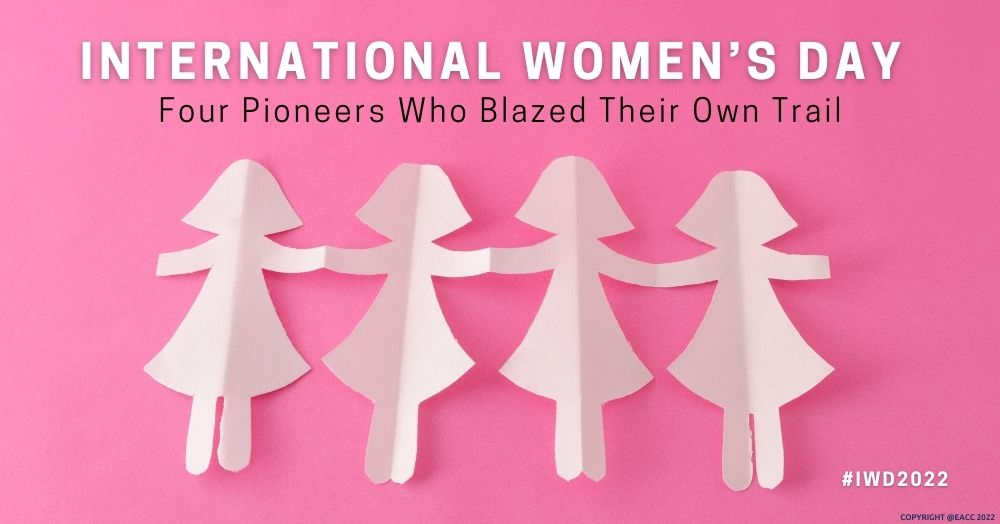
International Women’s Day: Four Pioneers Who Blazed Their Own Trail
To mark International Women’s Day next Tuesday, we look at four British women who made history in their respective fields. A three-minute, fantastic females-themed read.
They may not all be household names, but these four pioneering British women deserve our admiration and respect.
Helen Sharman – Britain’s first astronaut
The Sheffield-born chemist was working at Mars (the makers of those chocolate bars) when she responded to an advert for volunteers to embark on a space mission.
After a rigorous selection process, Sharman was chosen from 13,000 candidates to spend 18 months training with cosmonauts in Russia to prepare for the mission.
And in 1991, she lifted off, spending eight days in space and visiting the Mir space station. After returning to Earth, Sharman dedicated her life to science education.
Madge Easton Anderson – Legal pioneer
In 1920, Madge Easton Anderson became the first woman to work professionally as a lawyer in the UK.
The daughter of a bookseller and a cutlery salesman, Easton Anderson studied law at the University of Glasgow. However, it wasn’t until 1919, when the law changed to enable women to join the profession, that she could officially qualify as a solicitor in Scotland – and so she did a year later.
In 1937, Easton Anderson passed her English law exams and became the first female qualified solicitor in England and Scotland.
Nicole Cooke – Cycling star
The tenacious Welshwoman made history twice in 2008. She was the first British woman to win an Olympic gold medal in cycling (she took the road race in Beijing).
That year, Cooke also won gold at the World Championships – the first rider to ever achieve such a double in the space of 12 months.
Cooke battled a fair amount of sexism during her career, but her success raised the profile of women’s cycling and paved the way for future GB cyclists.
Elizabeth Garrett Anderson – Britain’s first woman to qualify as a doctor
Inspired by the early women’s rights movement, London-born Garrett Anderson dreamt of becoming a doctor. But when British medical schools refused to admit her, she had to find another way in.
She studied nursing and chemistry before sitting exams with the Society of Apothecaries in 1865 and securing a licence to practise medicine. (This loophole was quickly closed to prevent other female students from following suit.)
Garrett Anderson later established a dispensary for women and the first teaching hospital to train women doctors in Britain.
Who are your #IWD inspirations? We'd love to hear about the woman/women who changed your life.